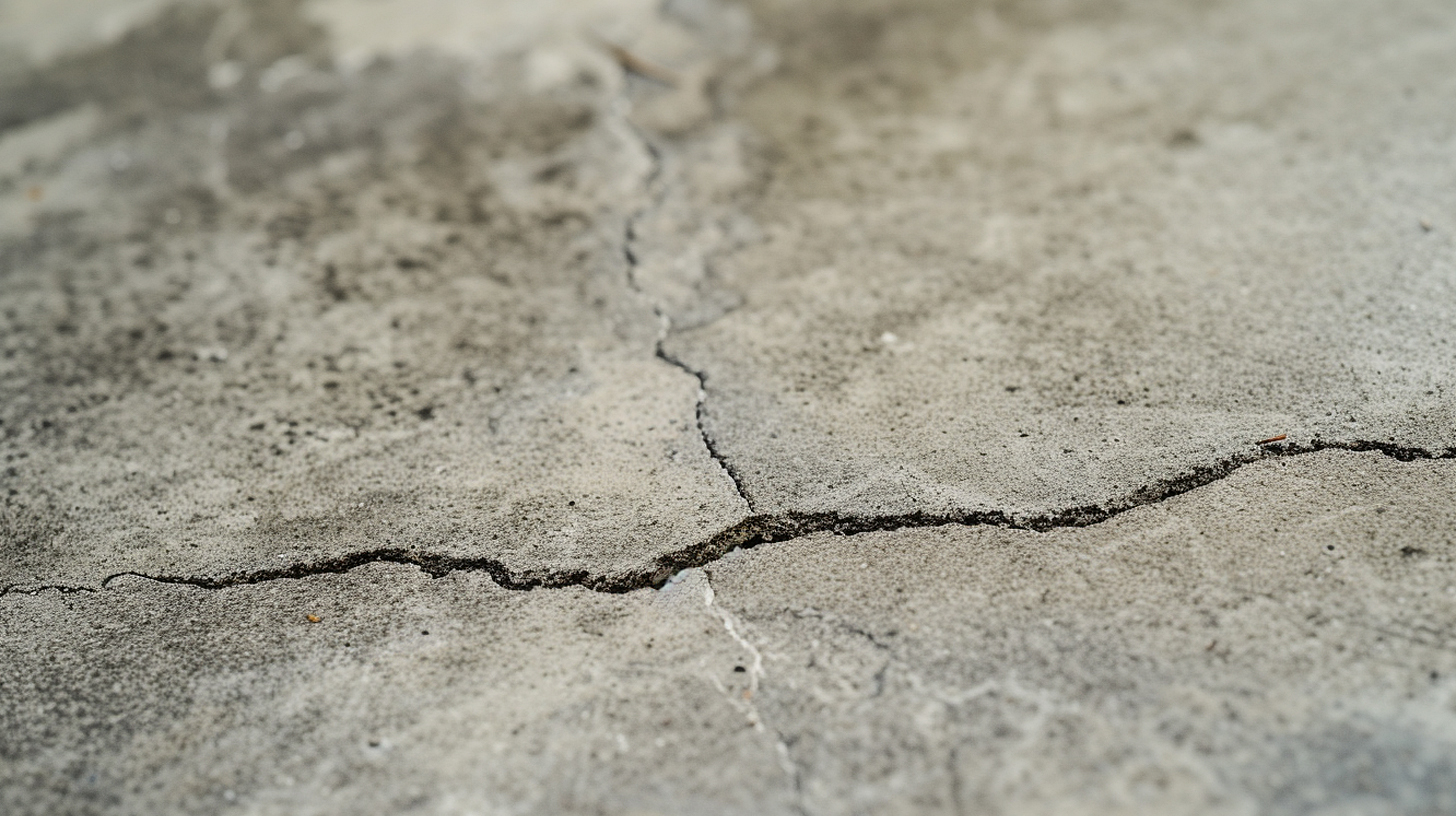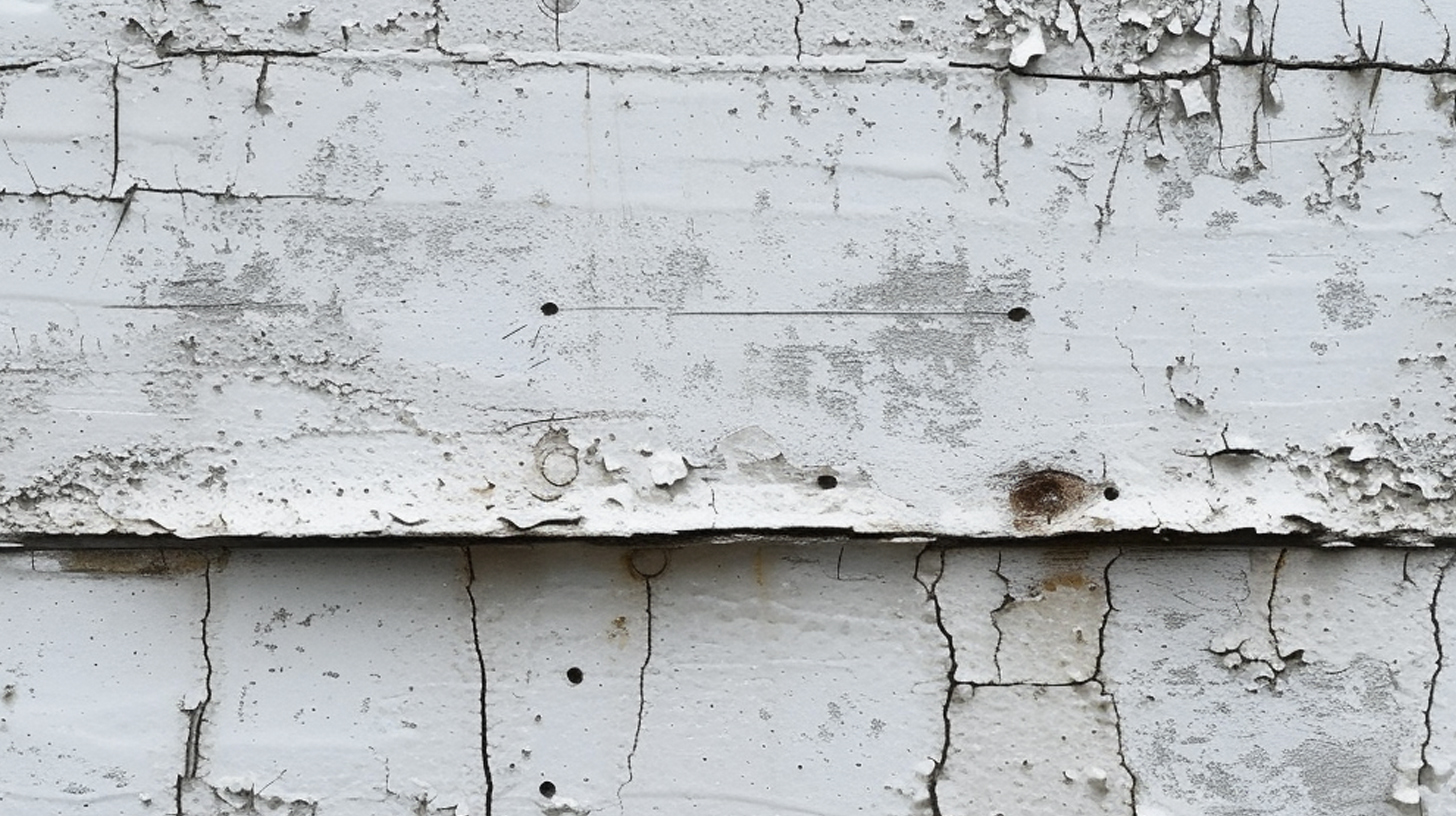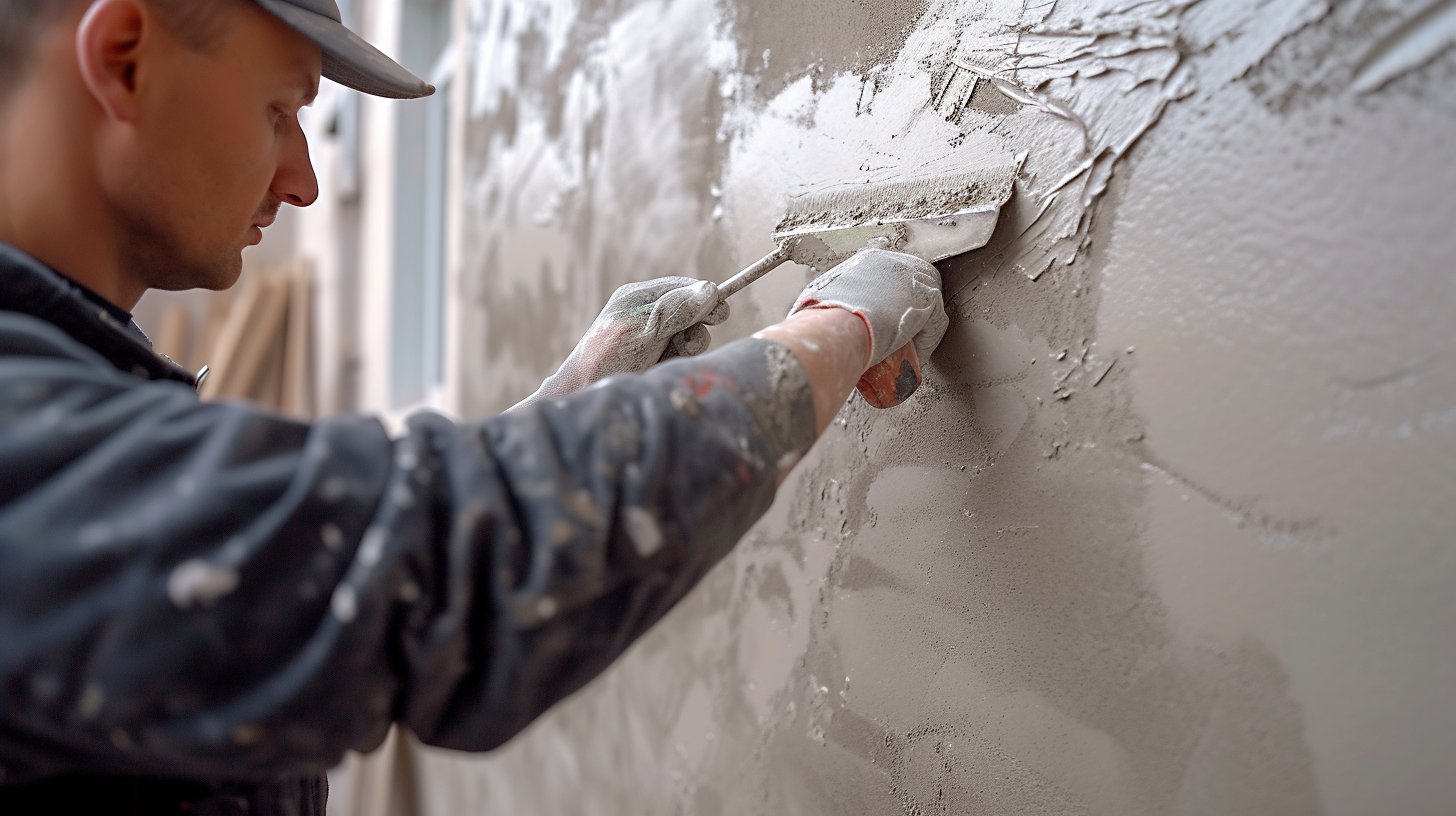Understanding the Causes of Basement Floor Cracks
Basement floor cracks are a common issue that many homeowners face. These cracks can not only be unsightly, but they can also indicate more serious structural problems. It’s important to understand the potential causes of basement floor cracks in order to address the issue effectively.
One of the primary causes of basement floor cracks is the settling or shifting of the home’s foundation. As the soil under the home compacts or moves, it can cause the concrete slab to crack and shift. This is particularly common in homes built on expansive clay soils, which can swell and shrink with changes in moisture content.
Another common cause of basement floor cracks is the natural shrinkage of concrete as it dries and cures. Concrete is a porous material, and as it loses moisture, it can contract and develop cracks. This is especially common in new construction, where the concrete has not had time to fully cure.
Hydrostatic pressure, or the pressure exerted by groundwater, can also contribute to basement floor cracks. If the water table rises or there is excessive moisture in the soil, it can put pressure on the concrete slab and cause it to crack.
Finally, poor construction practices, such as inadequate soil preparation or improper concrete mixing, can also lead to basement floor cracks. In these cases, the cracks may be more severe and indicate a more serious structural problem.
Understanding the causes of basement floor cracks is the first step in addressing the issue. By identifying the underlying problem, homeowners can work with a professional to develop an effective repair plan and prevent further damage to their home.
Step-by-Step Guide to Fixing Basement Floor Cracks
Basement floor cracks can be a common issue, but they don’t have to be a permanent problem. In this informative guide, we’ll walk you through the process of properly repairing concrete floor cracks in your basement.
First, it’s important to identify the cause of the crack. Cracks can form due to settling, water damage, or other structural issues. Once the root cause is addressed, you can move on to the repair process.
Begin by cleaning the crack thoroughly, removing any debris or loose material. Next, use a concrete crack filler or epoxy to fill the crack. Be sure to follow the manufacturer’s instructions carefully for the best results.
After the filler has dried, you may need to grind or sand the area to ensure a smooth, even surface. Finally, consider applying a concrete sealant to help prevent future cracking and protect the repaired area.
By taking the time to properly fix basement floor cracks, you can maintain the structural integrity of your home and prevent further damage. Follow these steps, and you’ll be on your way to a crack-free, secure basement floor.
Choosing the Right Basement Floor Crack Repair Materials
When it comes to repairing cracks in your basement floor, choosing the right materials is crucial. The type of crack repair product you select will depend on the size and severity of the crack, as well as the desired aesthetic outcome.
For small, hairline cracks, a concrete crack filler or sealant may be the most appropriate solution. These products are easy to apply and can help prevent further cracking or water infiltration. Epoxy-based fillers are a popular choice as they create a durable, long-lasting bond with the concrete.
For larger cracks or those that are subject to movement, a more robust repair solution may be necessary. Concrete crack repair kits that contain epoxy resins or polyurethane-based materials can provide a stronger, more flexible fix. These products are designed to accommodate slight structural movement without compromising the integrity of the repair.
When selecting a basement floor crack repair product, be sure to consider factors such as the product’s compatibility with the existing concrete, its resistance to moisture and chemical exposure, and the ease of application. Following the manufacturer’s instructions carefully is also essential for achieving the best possible results.
Tips for Preventing Future Basement Floor Cracks
Maintaining a crack-free basement floor is crucial for the structural integrity and overall health of your home. Here are some informative tips to help prevent future basement floor cracks:
- Use Crack-Resistant Concrete: When constructing or renovating your basement, opt for concrete mixes that are specifically designed to be crack-resistant. These specialized formulas help reduce the risk of cracks forming over time.
- Proper Basement Floor Waterproofing: Ensuring your basement floor is properly waterproofed is essential. Moisture intrusion can cause the concrete to expand and contract, leading to cracks. Invest in a reliable waterproofing system to keep your basement dry.
- Basement Floor Maintenance: Regular maintenance, such as inspecting for cracks and sealing them promptly, can go a long way in preventing future issues. Address any cracks or damage as soon as they are discovered to avoid further deterioration.
- Control Moisture and Humidity: Regulate the moisture and humidity levels in your basement to minimize the risk of concrete expansion and contraction. Use dehumidifiers or other ventilation systems to maintain optimal conditions.
- Proper Concrete Curing: Ensure the concrete is allowed to cure properly during the initial installation or any repairs. Rushing the curing process can compromise the concrete’s strength and durability, increasing the likelihood of cracks.
By implementing these informative tips, you can take proactive steps to prevent future basement floor cracks and maintain the structural integrity of your home.
When to Call a Professional for Basement Floor Crack Repair
If you’ve noticed cracks forming in your basement floor, it’s important to address the issue promptly. While some minor cracks can be repaired as a DIY project, more significant or complex issues may require the expertise of a professional basement floor crack repair contractor.
Here are some key signs that it’s time to call in a professional for your basement floor crack repair:
- The crack is wider than 1/8 inch: Larger cracks often indicate a more serious structural problem that requires specialized assessment and repair techniques.
- The crack is spreading or getting deeper over time: Continuously worsening cracks point to an ongoing issue that needs to be properly diagnosed and fixed.
- There are multiple cracks or the cracks form a pattern: Multiple cracks or a cracked floor pattern can signal foundation problems that need a professional evaluation.
- The crack is accompanied by other signs of damage: If the crack is coupled with water seepage, uneven floors, or wall cracks, it’s best to have a contractor take a comprehensive look.
- You’re unsure of the cause: Determining the root cause of basement floor cracks is crucial for selecting the right repair method. A professional can properly assess the situation.
Calling in a reputable basement floor crack repair contractor ensures the job is done right the first time, using the appropriate materials and techniques for a long-lasting fix. This can help protect the structural integrity of your home.
Take Control of Your Basement Floor with Proper Crack Repair
Proper basement floor crack repair is essential for maintaining the structural integrity and preventing further damage to your home. By addressing cracks promptly and using the right techniques, you can take control of your basement floor and ensure a safe, dry, and well-maintained living space.
Remember to carefully assess the extent of the cracks, choose the appropriate repair method, and follow best practices for a long-lasting solution. With the right approach, you can protect your investment and enjoy a worry-free basement for years to come.










